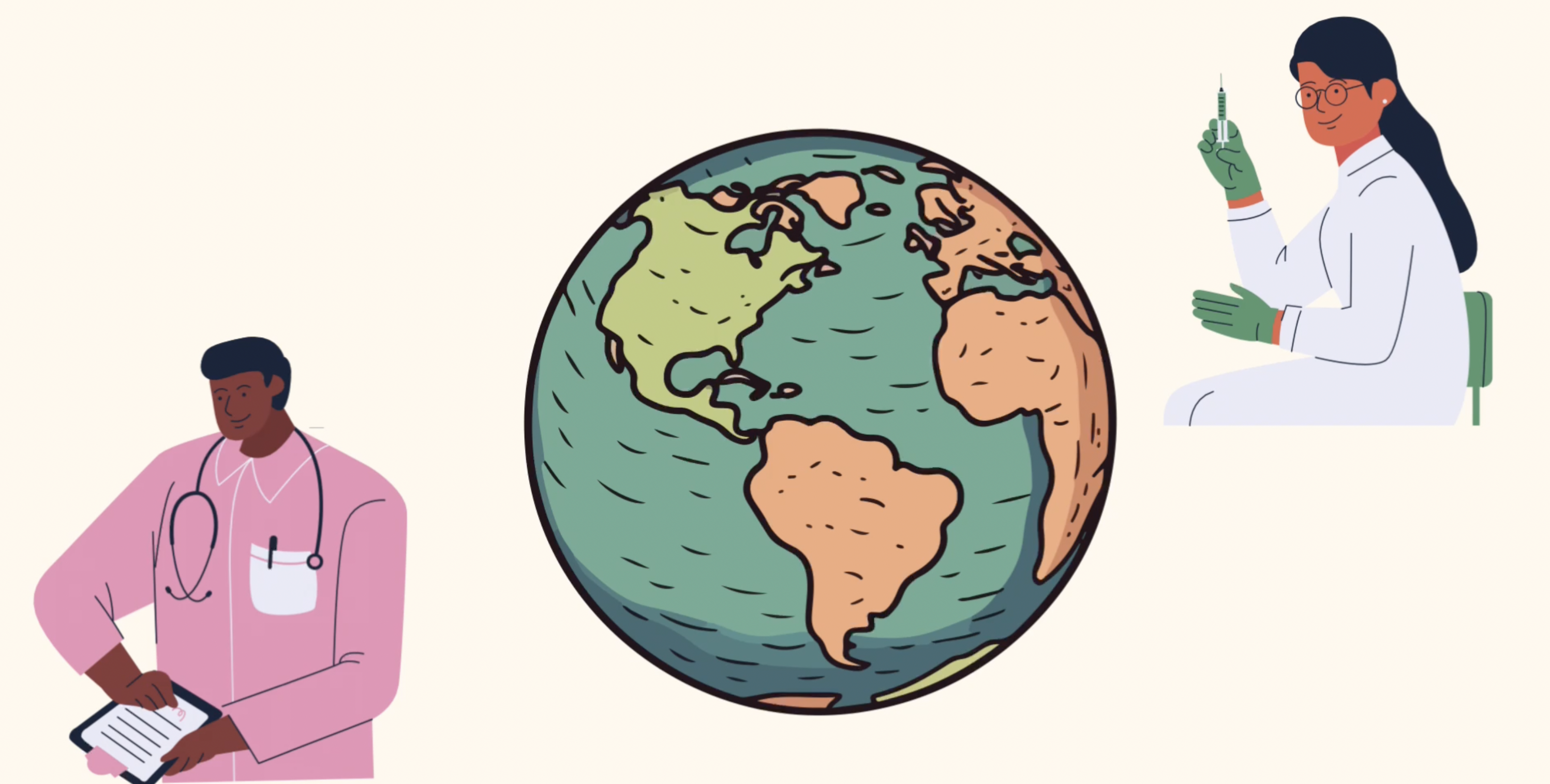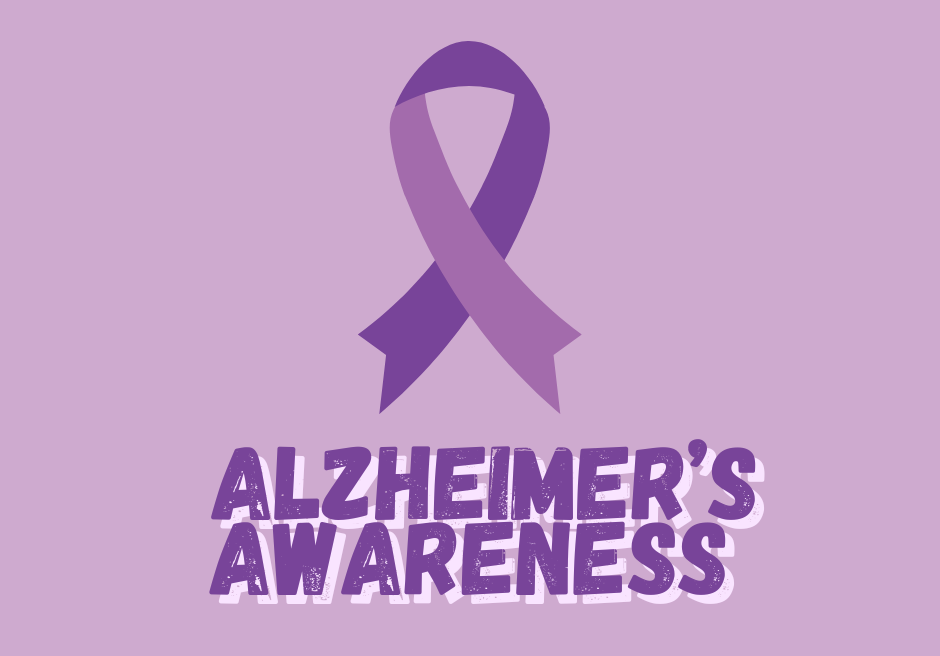Universal health coverage, according to the World Health Organization, means that all people have access to the full range of quality health services they need, when and where they need them, without financial hardship.
For a very long time, there was misinformation and little importance placed on mental health services because it was shrouded in stigma and secrecy. However, due to the work by “mental health warriors,” it has been significantly demystified and more people can access mental health care services today than ever before.
Today is International Universal Health Coverage Day, and we must highlight and re-emphasize the need for mental health to also take centre stage. Despite the monumental challenges that have been surmounted and the incredible progress made, access to mental health care services, especially as routine care – rather than as emergency services – is still in its nascent phase, compared to access to physical health care. In many global southern countries, the situation is worse, and mental health services cannot be easily accessed at the primary and secondary levels of health care i.e. primary and secondary health care facilities lack the resources, capacity, and personnel to provide mental health services.
In envisioning a world in which every single person has affordable, quality healthcare, we must first have conversations with our communities. I invite you to ask questions, such as: Is mental health universally accessible? What is the cost of investing resources into providing mental health services at all levels of health versus the benefits? Is there sufficient political will to ensure the appropriate investments are made to ensure mental health services are universally accessible? What can be done by organizations and individuals to improve mental health services being accessible?
The most important question to be answered in my opinion is: why is it important for mental health services to be universally accessible? If this question can be genuinely and practically answered backed with figures and facts, then we can forge ahead to make applicable recommendations and proffer workable solutions to ensuring universal health coverage in mental health care.
In reality, different countries have peculiar needs and different priorities affected by a host of factors and thus there cannot be a one-size-fits-all solution. Some factors in play are cultural while others are economic. In some climes, the health sector is not prioritized as a whole while in others, mental health is not prioritized within the health sector. In other countries, both mental health and the health sectors are prioritized, etc
How then do we reconcile all these different climes and still come to the end point of prioritizing mental health in universal health coverage?
It is important we set realistic goals and expectations specific to each region and be both growth and goal-oriented in our approach. We may not necessarily always meet our goals, but as long as appreciable growth is made, that is a glimmer of light.
Local, state, and federal governments must prioritize mental health through their health ministries and strategize according to the specific needs of the communities under their care. In addition, a multi-sectoral approach would be of benefit. A collaboration between non-governmental organizations, individuals, and the government at all levels may provide the best chance of succeeding in ensuring mental health care is universally accessible.
Irrespective of how huge the challenge is, everyone has a role to play in ensuring mental health care is universally accessible. A simple act of kindness from you may be all a person needs to power through the day. Despite much emphasis being placed on large-scale and professionally inclined health initiatives, these cannot take the place of random but deliberate acts of kindness and support we can provide for those who need them. This in itself is a wholesome act of providing mental health care.





















